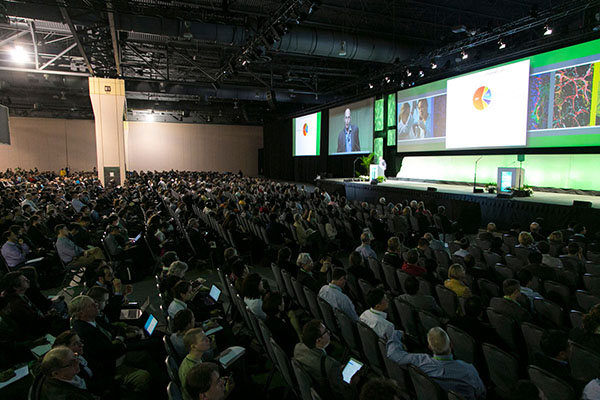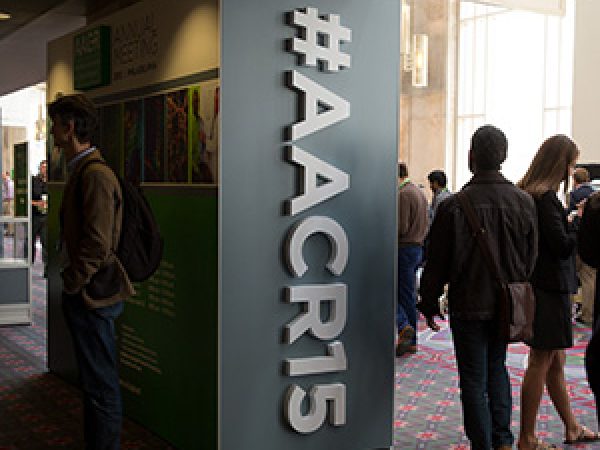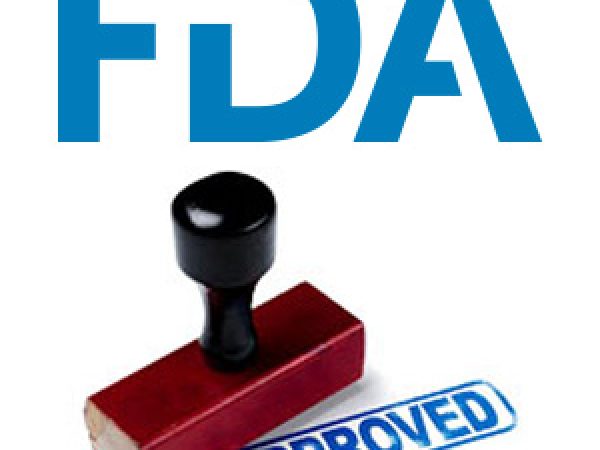New AACR Social Media Policies for Scientific Meetings Strive for Balance
As social media continues to rapidly grow as a leading source of news and information, it has evolved to play a vital role in communicating about cancer research. Social media provides valuable platforms for collaboration, information sharing, and engagement among researchers, clinicians, health care professionals, patients, advocates, policymakers, media, and the general public.
The American Association for Cancer Research (AACR) has significantly increased its social media efforts to raise awareness, share information, and create dialogues about cancer and research, and it will continue to do so. Alongside this, the AACR offers many scientific vehicles and platforms to share, discuss, and learn about the latest discoveries and breakthroughs in cancer research.

The AACR Board of Directors has approved new social media and photography policies for our scientific meetings, including the Annual Meeting, which will take place April 1-5, 2017.
One of the biggest and brightest venues is the AACR Annual Meeting, showcasing the best and most innovative research that is advancing our understanding of cancer and laying the foundations for new approaches to prevention, better treatments, and cures.
To help ensure that Annual Meeting attendees have access to the latest advances in cancer research, the AACR tries to create an environment in which researchers from all disciplines feel comfortable sharing their most current data, and we encourage speakers to include new and unpublished data in their presentations. However, the rapid expansion of social media and use of cameras on mobile devices has caused some challenges in balancing access to the latest research and protecting some researchers’ wishes of not having their preliminary and unpublished data shared openly on social channels or other publications.
The AACR is addressing this challenge head on with new social media and photography policies for our scientific meetings. The new policies strive to strike a balance between the needs of scientists, physicians, patients, advocates, and others who benefit from the latest information in cancer research and the needs of speakers in protecting their preliminary or unpublished data from unauthorized use.
The policies were developed after extensive internal discussions and deliberations, and have been approved by the AACR Board of Directors. They go into effect at the AACR Annual Meeting on April 1, 2017, and will be evaluated annually:
- Photography – Conference attendees may take photographs during oral or poster presentations provided that the photographs are strictly for personal, noncommercial use and are not to be published in any form. Attendees are prohibited from using flash photography or otherwise distracting the presenters or members of the audience.
- Social Media – Conference attendees may share information from presentations on social media provided that they respect the wishes of presenters. Oral presenters may label any or all slides in their presentations with “DO NOT POST.” Similarly, poster presenters may label their posters with “DO NOT POST.” Attendees must respect the presenters’ requests in these instances and refrain from posting any images from these designated slides or posters on social media.
These policies try to reflect a spirit of mutual respect necessary to foster collaboration and communication in science. The AACR thanks its meeting attendees for adopting and adhering to these new policies. We are all on the same side in our ongoing mission to defeat cancer, and we believe strongly that the policies are beneficial to all of us in advancing lifesaving cancer research.




Thank you AACR for helping clarify rules, so much has changed so quickly, and this helps set a good tone and structure. Great leadership!